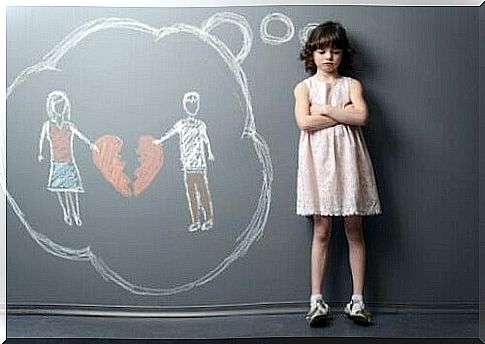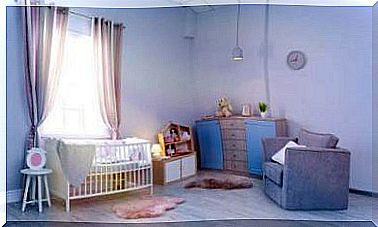Custody: Are There Differences Between Separation And Divorce?

When a couple chooses to stop living together and instead lead an independent life, it is called a breakup. However, there are different types of separation. If there are children together, questions about custody also arise .
A spatial separation of the parents is not the same as the legal dissolution of the marriage, which takes place through a judicial decision. As long as the marriage is not legally divorced, neither partner may enter into a new marriage.
In order to get a final divorce, one or both spouses must officially file for divorce. If children have emerged from this marriage who are still minors at the time of the separation or divorce, an agreement must be made as to which parent the children will live with. In addition, the amount of child support must be clarified.
If the partners cannot come to an agreement, they will first discuss how to proceed with their lawyer and then have this maintenance determined by a court. In addition, the court can regulate visiting rights and other aspects relating to children.
In today’s article we are going to explain the difference between separation and divorce and the consequences for the children.
The difference between separation and divorce
To avoid any misunderstandings, let us first highlight the difference between separation and divorce. In everyday parlance, the terms are often used almost synonymously when it comes to expressing that a couple no longer lives together.
However , from a legal point of view, these are two completely different states that have different legal implications.

If a couple breaks up, it does not automatically mean that the legal connection through the marriage ends. This is also the reason why you cannot remarry if you are in the year of separation or if you are separated from your partner. In addition, a couple who separated and then reconciled do not have to remarry. This is because the marriage continues to exist in the legal sense even during the period of separation.
As a rule, separation is the step that precedes divorce. After a year of separation, the divorce can be filed. There are very few exceptions to this.
Childcare and alimony arrangements
If the marriage has resulted in children, the couple must agree on how to care for and care for the children. Adequate care for the children must always be ensured, regardless of whether the couple is separating or divorcing. The parents have to agree on a visit plan and settle the maintenance payments.
There are basically two types of separation: physical separation and judicial separation (divorce). Both types have legal consequences, for example with regard to inheritance claims. Usually, physical separation during the separation year is the first step and an important requirement for the subsequent divorce. However, you don’t have to undergo legal proceedings to get separated.
Divorce, on the other hand, is a legal process that is initiated by one or both spouses who apply for divorce. The formal legal annulment of a marriage is carried out by a judge. If both spouses agree to divorce, the marriage can be divorced after the end of the year of separation. If one partner does not agree to the divorce, the marriage will be divorced after three years at the latest.
Custody of the children
When it comes to custody and care for their children, parents must always agree on how to proceed, regardless of whether they are going to separate or divorce.
In addition, it is generally very advisable if the parents can agree on these regulations among themselves. This speeds up the legal process and the judge will usually approve the agreements. However, the judge must remain impartial and will always prioritize the best interests of the child.
If the parents could not agree, the judge will decide which course of action is best for the best interests of the child. The decision is made after hearing all parties involved, including the legal representatives of the children (if any) or the youth welfare office. The judge will decide on habitual residence, visiting regulations and other aspects.

When reaching a verdict, the judge will also take into account which parent looked after and cared for the children most intensively before the divorce. In addition, the children’s wishes are also a very important criterion.
As a rule, the children will live with their mother after the divorce. However, there are more and more single fathers. It is important that the divorced parents retain joint custody even after the divorce. Exceptions to this can only be requested in justified individual cases.
Custody and alimony
Regardless of whether the parents only want to separate for a certain period of time or to get a divorce, they have to come to an agreement on child support. Either they agree on the amount of the payments themselves or the maintenance is determined by a court. In principle, however, you should definitely seek advice from your lawyer about the applicable legal provisions.
Child support is compulsory. However, parents can agree on a higher payment to cover additional expenses.
The amount of maintenance depends on the individual case and on the couple’s financial situation. The parent responsible for maintenance usually has to pay this monthly to the partner with whom the children live.
If the parents cannot agree on an appropriate payment, a court will decide, taking into account the so-called Düsseldorf table . Among other things, the income of the partner and the needs of the underage children are included in the calculation.









